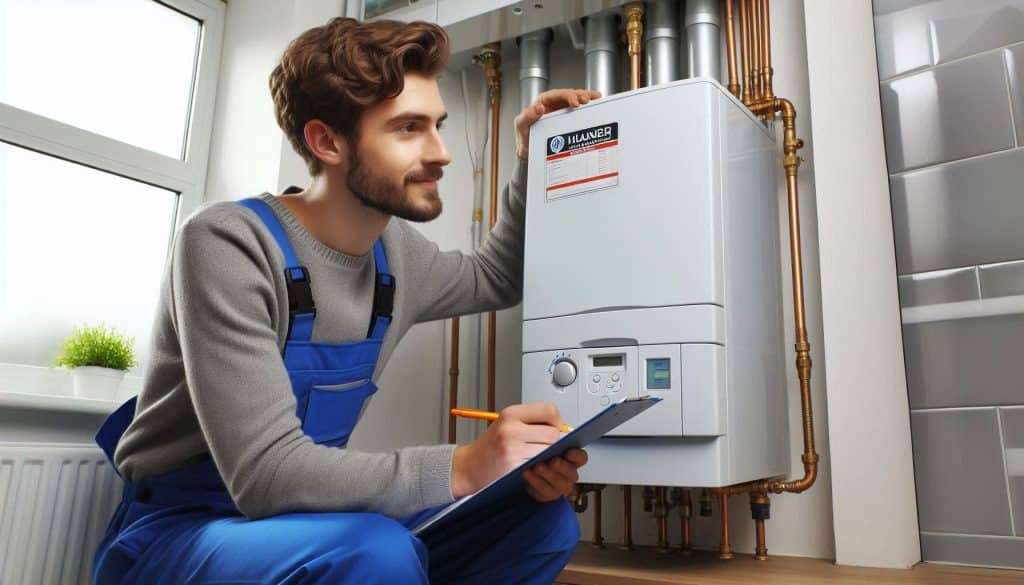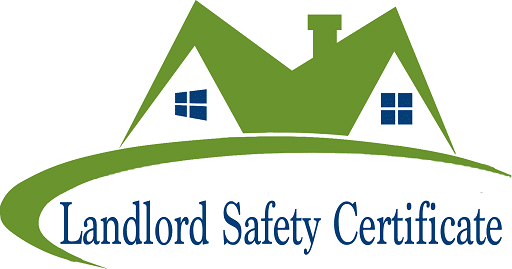
In today’s fast-moving London rental market, tenant safety should always come first. Before signing a tenancy agreement or moving into a new home, it’s essential to know your rights — and understand your landlord certificate responsibility. From gas and electrical safety to fire and energy performance, landlords are legally required to provide up-to-date certificates that confirm the property is safe to live in.
Skipping this vital step may put tenants at serious risk. These risks include fire, carbon monoxide poisoning, or costly legal disputes. Therefore, asking for certificates isn’t just smart — it’s a safety essential. Whether you’re a first-time renter or moving into your next London property, knowing what to check can protect your health, your finances, and your peace of mind.
Safety certificates are official documents provided by certified engineers and electricians to confirm that a property meets required health and safety standards. The most common certificates include:
• Gas Safety Certificate (CP12)
• Electrical Installation Condition Report (EICR)
• Energy Performance Certificate (EPC)
• Fire Safety Checks
• Smoke and Carbon Monoxide Alarm Compliance
These aren’t just formalities. In fact, they play a crucial role in preventing dangerous incidents and protecting tenants’ lives.
Landlords across the UK — and especially in London — must comply with strict safety laws. The following are their core responsibilities:
• Gas Safety: Landlords must provide an up-to-date gas safety certificate every 12 months. The inspection must be carried out by a Gas Safe registered engineer.
• Electrical Safety: Landlords are required to have an EICR carried out at least every 5 years. All faults or recommended works must be addressed promptly.
• EPC: Every rental property in London must have an EPC with a rating of E or higher.
• Fire and Smoke Detection: Smoke alarms must be installed on every floor, and carbon monoxide detectors in rooms with solid fuel appliances.
If landlords fail to comply, they may face heavy fines, invalid insurance, or even prosecution. More importantly, neglecting these duties puts tenants’ lives at risk.
Without proper safety checks, you may be exposed to:
• Carbon monoxide poisoning
• Electrical fires
• Explosions due to gas leaks
• Structural hazards or damp and mold
Sadly, these dangers are not rare. Many London properties — especially older buildings — have outdated electrical and gas systems. Always ask for safety certificates to confirm the home is habitable and secure.
Asking for certificates puts the landlord’s responsibilities on record. If issues arise later, having these documents protects you from being blamed for damage or wear.
A landlord willing to show safety certificates signals professionalism and transparency. If your landlord refuses, it’s a red flag — they may be cutting corners on other essential maintenance.

As a prospective tenant, make sure to ask for:
• The latest Gas Safety Certificate
• A valid EICR report
• The EPC rating
• Proof of smoke and CO alarms installation
If a landlord is hesitant or says they’ll “do it after you move in,” consider looking elsewhere.
This is where tenant safety and landlord certificate responsibility clash — and the law sides with the tenant.
In London:
• Local councils may fine landlords up to £30,000 for not complying with safety laws.
• Tenants can report non-compliance to the local housing authority.
• If a certificate is missing and an accident happens, the landlord may be legally liable for injury or death.
As a tenant, you have the right to live in a safe environment. If you suspect your landlord is cutting corners, contact your council’s private housing team immediately.
London has unique challenges:
• High turnover in rentals means landlords may rush new tenants in without updated certificates.
• Older buildings in central areas may need regular inspections due to outdated wiring or piping.
• HMOs (House in Multiple Occupation) have even stricter regulations, including fire risk assessments.
Always double-check documentation before paying a deposit or signing any contracts.
Here’s how tenants can verify if a landlord is fulfilling their responsibilities:
• Gas Certificates: Look up the engineer’s Gas Safe registration number on GasSafeRegister.co.uk.
• EICR: Ensure the report is signed and dated by a NICEIC-registered electrician.
• EPC: Check the EPC register at gov.uk/find-energy-certificate.
• Peace of mind for you and your family
• Lower risk of emergency repairs or unsafe breakdowns
• Clear proof for legal claims, if any issue arises
• Stronger negotiation power if the landlord hasn’t updated certification
Before moving in, ask for copies of:
✅ Gas Safety Certificate
✅ EICR Report
✅ Energy Performance Certificate
✅ Fire Alarm Compliance
✅ Carbon Monoxide Detector Confirmation
Keep digital or printed copies for your records. They can help you in case of legal disputes or emergency repairs.
In the fast-paced London rental market, tenants often rush into contracts without asking the important questions. But your safety comes first. By understanding landlord certificate responsibility and insisting on documentation, you’re protecting your health, your legal rights, and your long-term well-being. Don’t assume the property is safe — verify it.
Ask before you sign. It could save your life.

